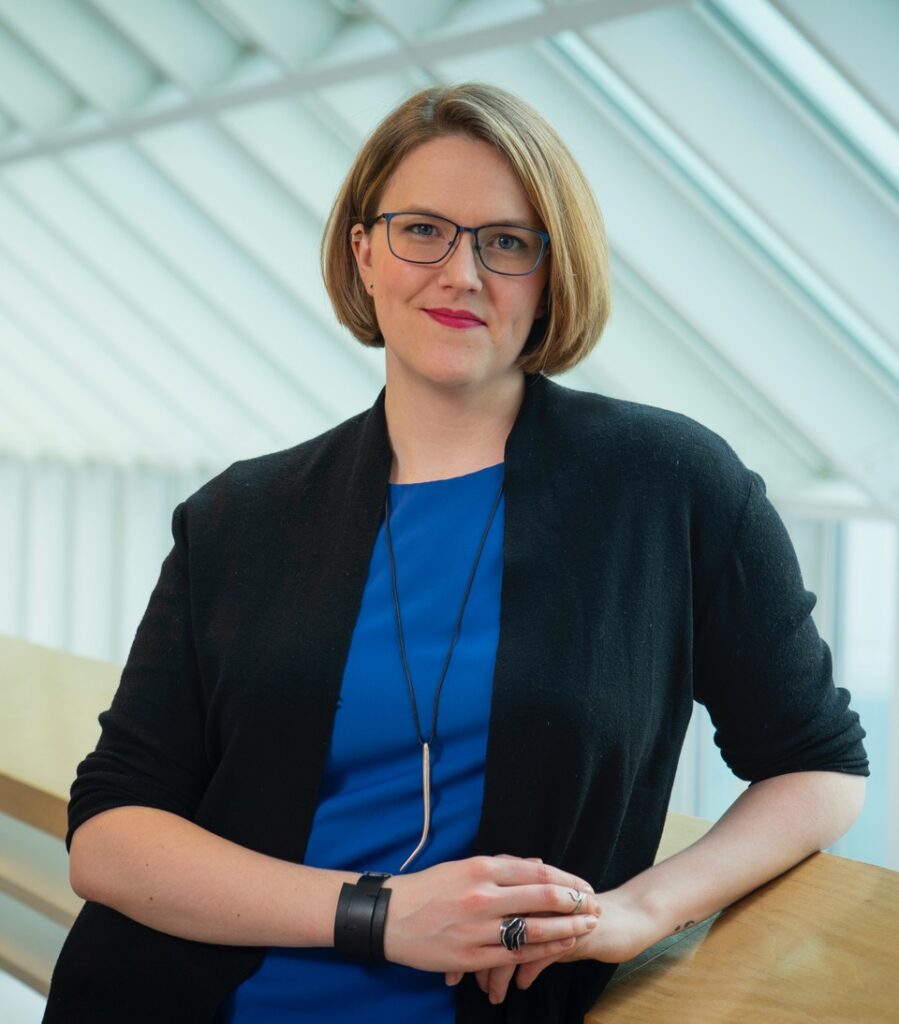2024 Cohort of HGHI-Salata Burke Climate and Health Fellows

Colleen Lanier-Christensen
PhD, MPH, AB
“The Burke Climate and Health Fellowship offers a unique opportunity for interdisciplinary engagement with Harvard Global Health Institute and Salata Institute scholars and practitioners, which will help to further develop my potential for policy impact and harness my dual training in the history of science and public and environmental health. The network of Burke Fellows creates a valuable community of support and opportunity to exchange ideas that will augment the mentoring and professional development from my home department.”
– Colleen Lanier-Christensen
Colleen Lanier-Christensen is a Postdoctoral Fellow in the History of Science Department at Harvard University. She works at the intersection of history of science and public health, looking at the governance of environmental and health risks, including air pollution, chemical products, and medical technologies. As a Burke Climate and Health Fellow, Colleen will complete and extend collaborative research on climate change and the Clean Air Act of 1970, which serves as the foundation of U.S. air pollution policy and under which the Environmental Protection Agency has attempted to regulate CO2. The project aims to provide historical accounting for policymakers and the judiciary tasked with crafting and interpreting effective climate policies..
Colleen earned her doctorate in the History of Science at Harvard University. Her dissertation, “Toxic Rules: Chemical Regulation, International Trade, and the Epistemic Consequences of Standardized Practices,” traced the history of chemical testing standards from the 1970s to the present, examining how regulators have worked to make toxicity testing amendable to administrative bureaucracy and the consequences for how they have known and regulated chemical risks. Colleen’s doctoral research was supported by the National Science Foundation.
In addition to her doctorate, Colleen holds an MPH from the Department of Sociomedical Sciences at Columbia University’s Mailman School of Public Health, with a certificate in Environmental Health Policy, and an AB in Sociology from the University of Chicago.
Project Title: “Climate Change, Public Health, and the Clean Air Act of 1970”
Project Description: Climate change is already measurably affecting human health in the U.S. and globally. But greenhouse gas emissions continue to rise as meaningful government regulation remains elusive. The conventional explanation of U.S. inaction has been that the Environmental Protection Agency (EPA) lacked the legal authority to regulate CO2 emissions under the Clean Air Act of 1970. But this is false. In collaborative work with colleagues at Harvard and Duke, I have shown that the authors of the Clean Air Act intended the law to cover CO2 and its potential climate effects. Why then did the federal government not even attempt to initiate regulatory proceedings for another forty years? I hypothesize that the failure to grapple with the health effects—as opposed to the welfare effects—of CO2 inhibited the EPA’s willingness to act. My research as a Burke Climate and Health Fellow will draw on my historical, public health, and environmental policy training to extend this work, arguing that there was a moment in the 1960s when earth and public health scientists came together to tackle the problem of air pollution, including CO2. However, disparate disciplinary and conceptual frameworks separated “health” and “environmental” effects of pollution, delaying U.S. climate action. This separation helps to explain why climate has not, until recently, been strongly recognized as a global health threat. The research will examine how the public health and welfare effects of increasing CO2 have been understood since the 1960s, how that knowledge shaped policymaking debates, and how it can now be used to strengthen climate policy.


